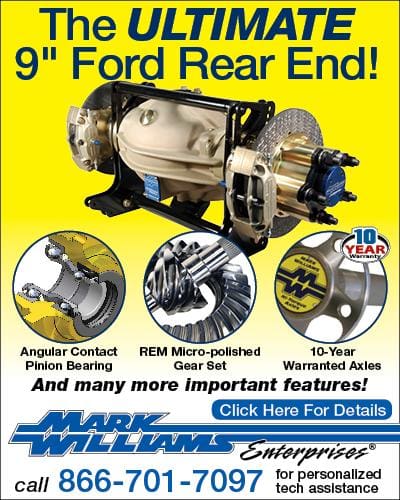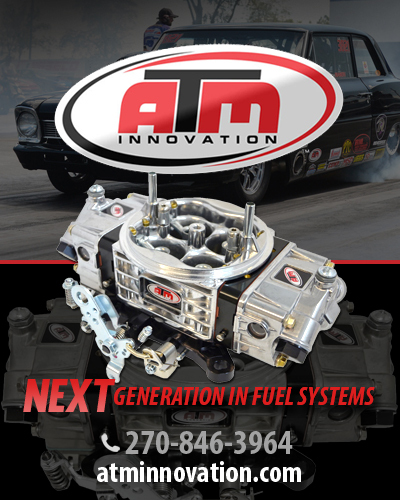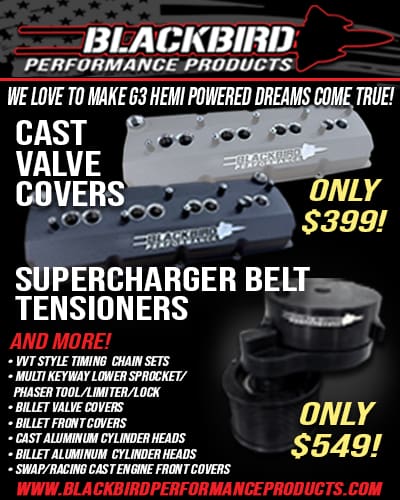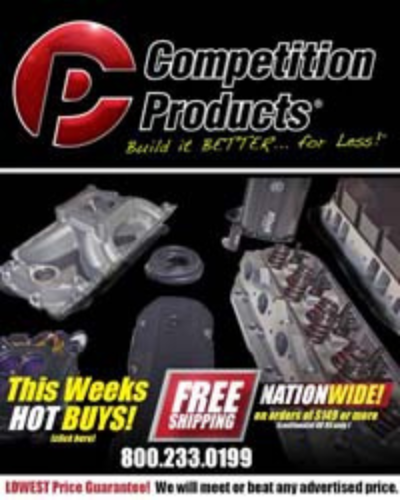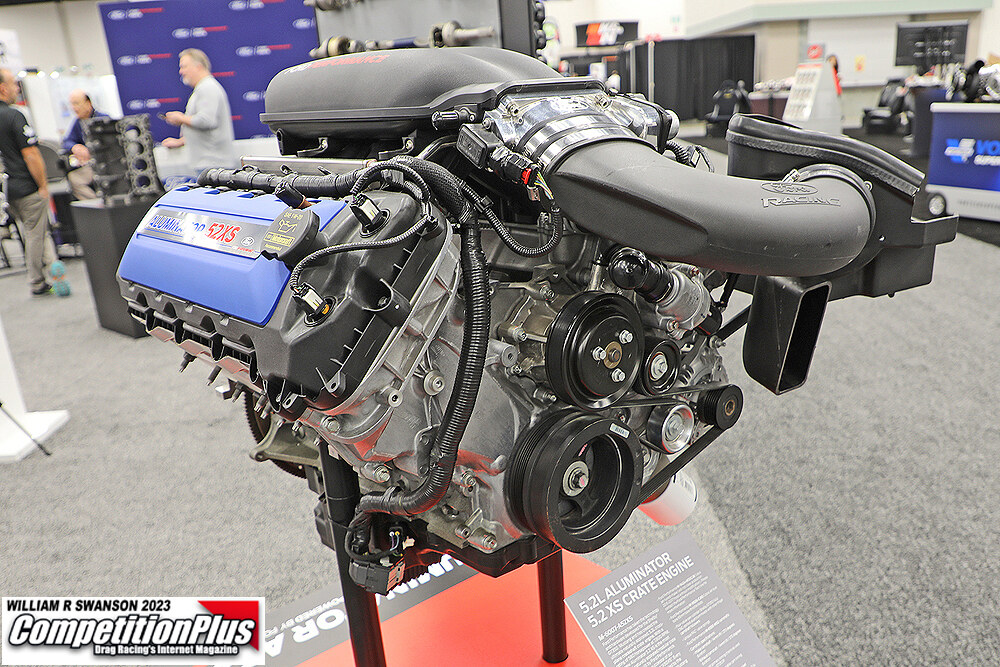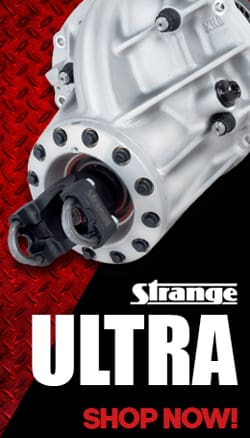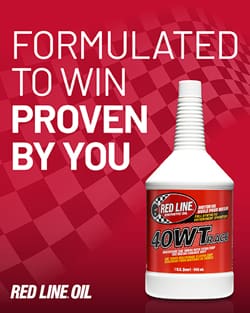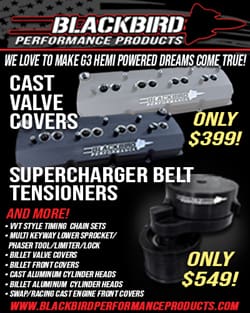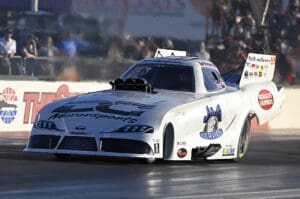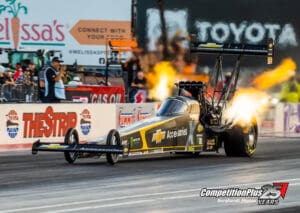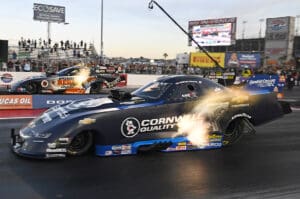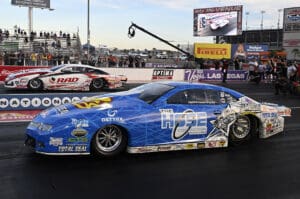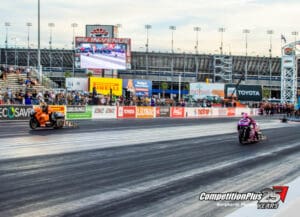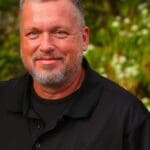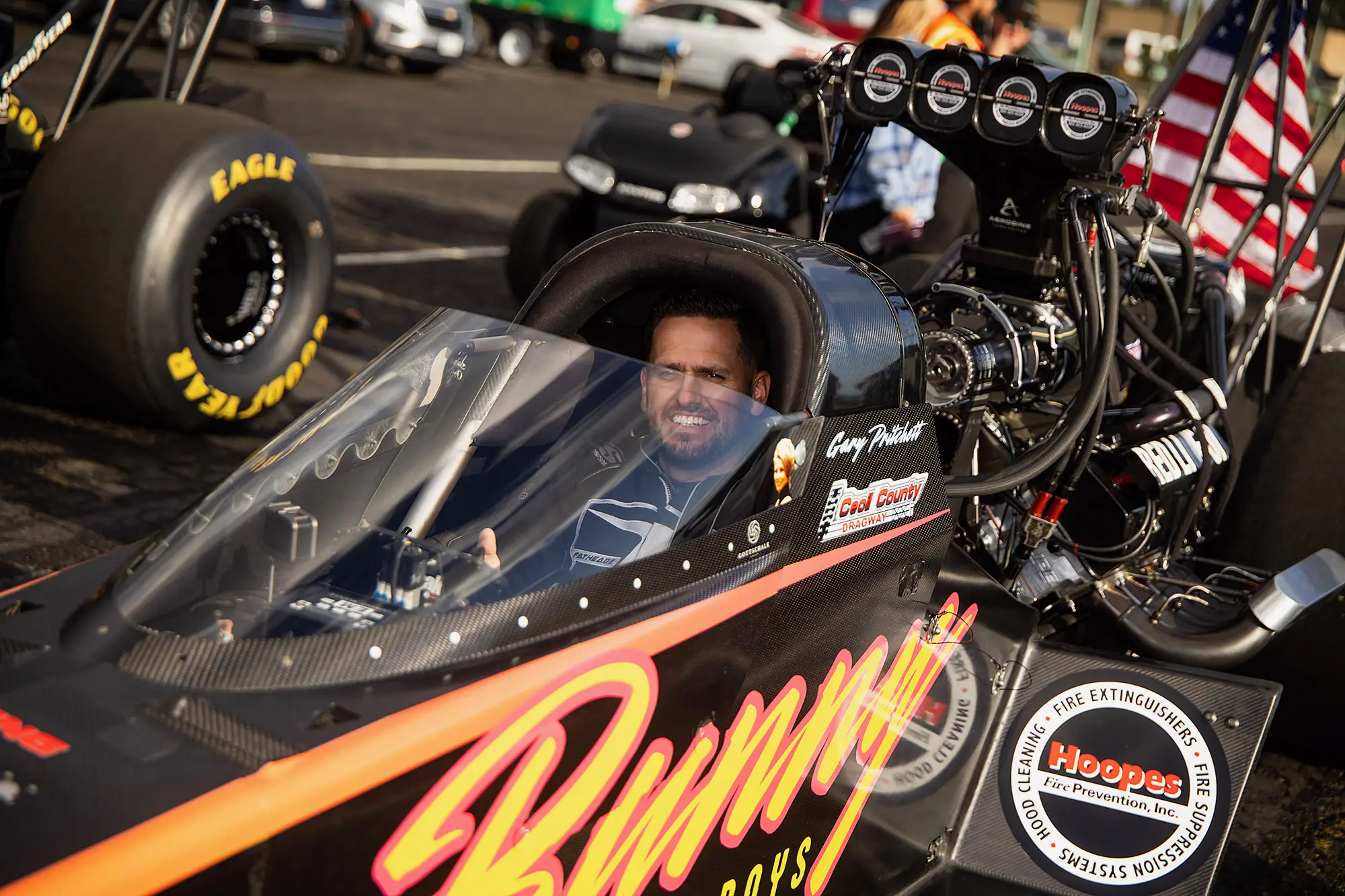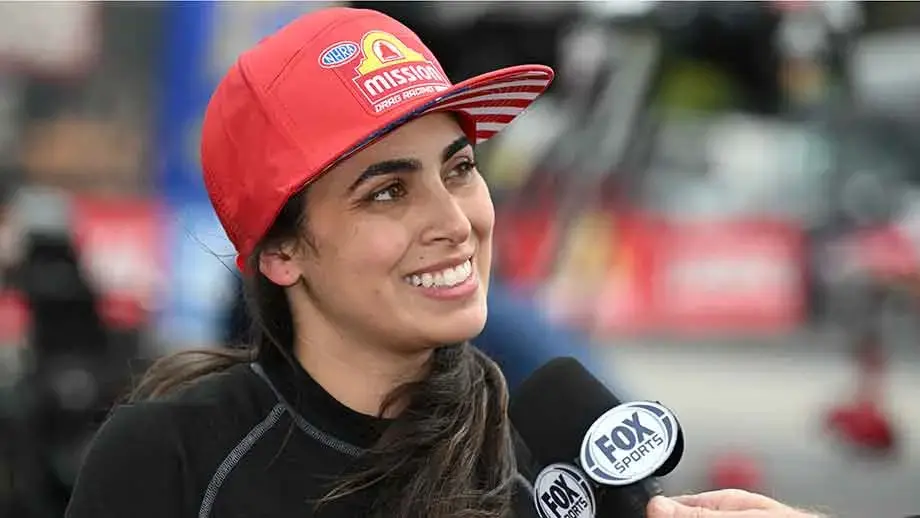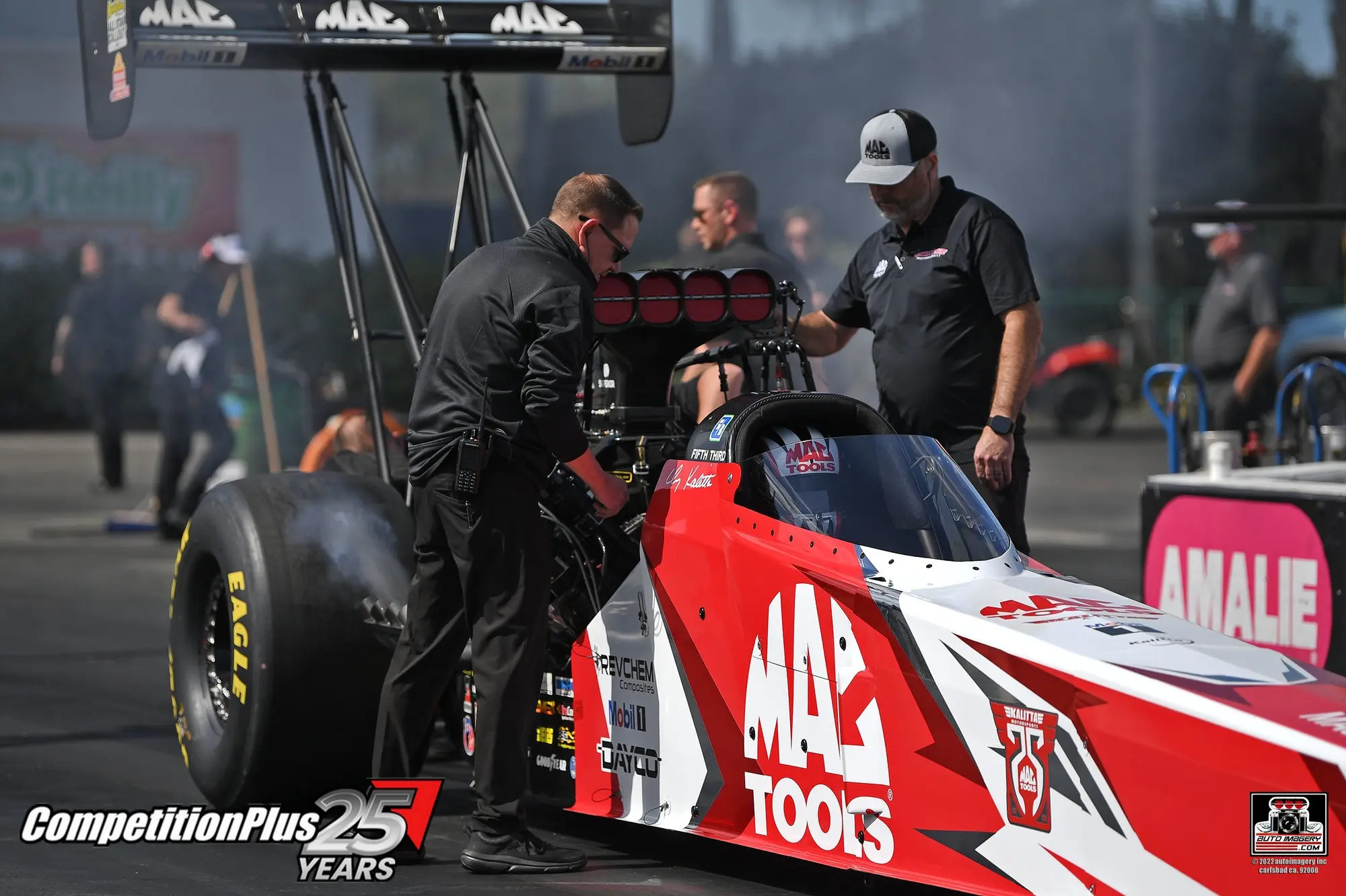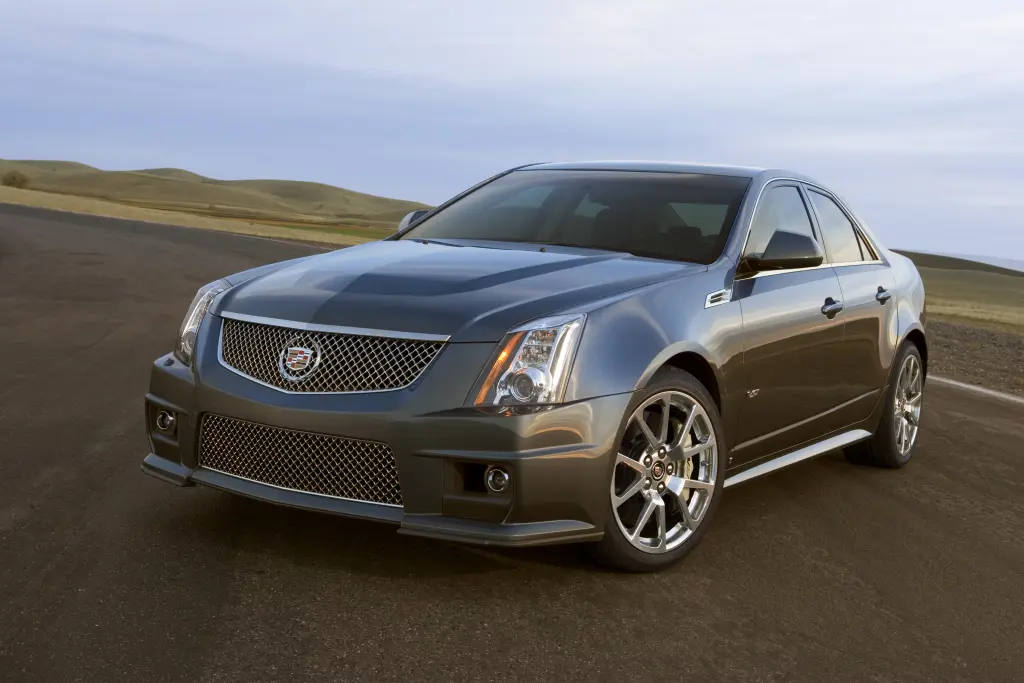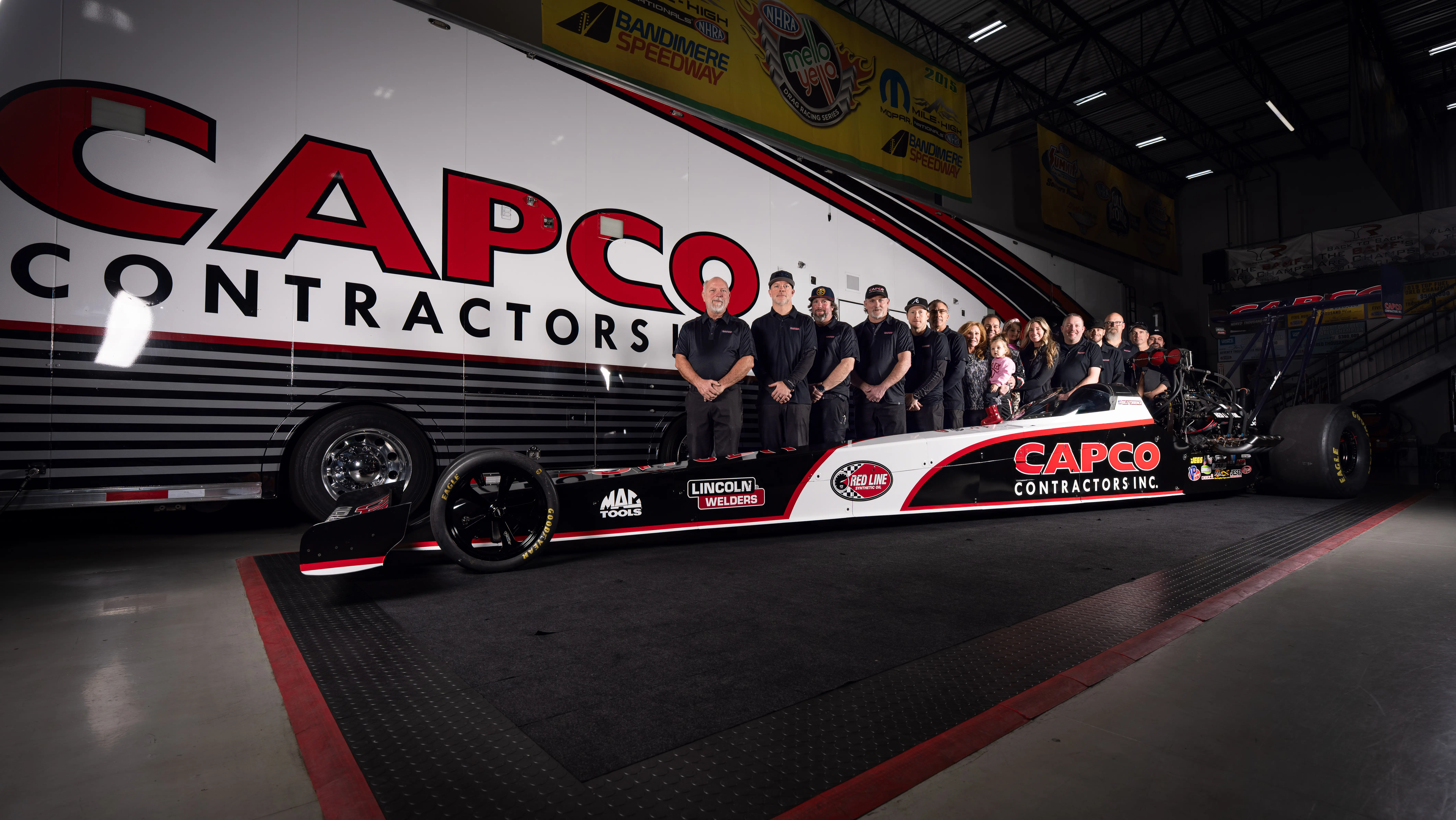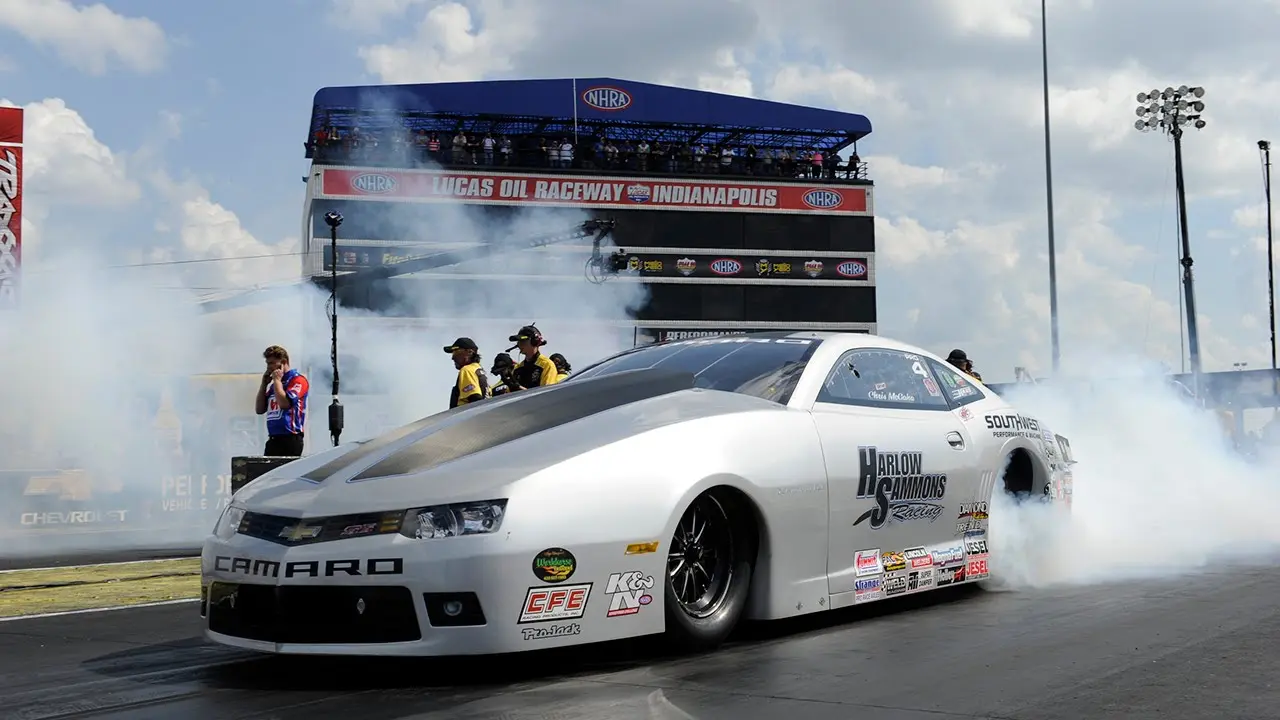

Sadly, obituaries are often cut-‘n-paste remembrances that appear in daily newspapers, and while they contain the nuts and bolts of an individual’s life, they rarely include the nuances of what made that person special. In Jim Kelly’s case the basics are these: He was born in Southern California on July 9, 1938 and passed away quietly at a friend’s house in North Las Vegas on Monday evening, May 18, 2015, losing his fight against cancer. During his almost-77 years Kelly became a highly regarded historian of drag racing through his exceptional photography. He was inducted into the International Drag Racing Hall of Fame in 2003, an honor he richly deserved.
In reality, that tells you very little about James E. Kelly. He was so much more than “just” photographer. He was a friend to so many people both in and out of our little world of drag racing. He was thoughtful in ways both big and small. If you were among his inner circle you’d long since lost the ability to be surprised at the little unexpected gifts he’d send, because those gifts would arrive sporadically and seemingly out of nowhere. He knew I thought Spiderman looked cool, so those mailings often included Spiderman-themed goodies. When there was a Vegas promotion involving the man in red and blue, Kelly was there to shoot photos for me of the character climbing up a hotel’s wall.
A close friend of Kelly’s — one of his former girlfriends who never stopped loving him, and by that I don’t mean in the romantic way — tells numerous stories of the little gifts Kelly’d given her over the years — including little presents for her son and her dog.
When my girlfriend was ill Kelly sent me a heart-shaped cloisonné pin bearing her initials in gold against a red background. “Where did ya get that?” I asked. “Oh, just around,” he casually replied, quickly waving away my thanks. It was just the kind of thing Kelly did. Over the years she came to love him as did all of his old girlfriends, although it took her a good long while to “recover” after Kelly spent one Thanksgiving with us, consuming not one, but two bottles of blush wine before driving off in a snowstorm for Las Vegas – but he made it unscathed and unticketed.

We met on August 13, 1966 at Capital Raceway Park outside of Baltimore. The event was billed as the 1st (and ultimately last, unfortunately) Annual King of Kings Funny Car Invitational, and featured a then unheard of 10 blown cars competing on the same evening. I thought I was hot stuff because I was shooting for Dodge (covering the Gary Dyer-driven Mr. Norm’s Grand-Spaulding Dodge altered wheelbase ‘65 Coronet), but in actuality, I knew nothing. Kelly sensed that, and so did the guy he introduced me to, Jeff Tinsley (who would go on to become a photographer for the prestigious Smithsonian Institute). They and every other shooter on the scene made fun of me because I not only didn’t know what a strobe light was, I was shooting with flashbulbs, dropping the dead ones on the ground after each shot I’m embarrassed even thinking about it, but Kelly was cool, even taking me aside to ask some pointed questions about what I was doing and what I knew about photography and drag racing. My lack of knowledge was more than obvious.
We kept in touch after that, running into one another at all of the major races, but Kelly’s generosity was evident even then. In 1968 he convinced AHRA president Jim Tice to hire me as the national event writer for Drag World, their in-house publication. We’d share a hotel room and while he processed film and printed photos in the makeshift darkroom he “built” in the hotel bathroom at every race, I wrote the stories (most of them awful, by the way– the stories, not his photos.). We were off and running.
Just by observing how Kelly dealt with the AHRA managers, and how he approached things when selling photos to the likes of Super Stock & Drag Illustrated, Drag Racing, Drag Strip, Popular Hot Rodding, Hot Rod Magazine and too many others to list here taught me volumes. As much fun as Kelly was having, he always treated photojournalism as a business. He taught me that as much as I might love drag racing, there was no point in spending the time and effort it took to do it if it didn’t produce enough revenue to make a living. He was the first one I heard say something like “The bank isn’t going to accept a photo credit in place of the house payment. You have to get paid for what you do.” He was oh so right.

We spent a lot of hours and days in his Cadillac, cruising from race to race. When he discovered there was a Pontiac — or was it a Buick or Oldsmobile? dealership in Maryland that, in his words, “is named after me,” we went hundreds of miles out of our way so he could scam one of those little metal things they stick on your car reading “Jim Kelly Buick.” When he produced a drivers license with his name on it they loaded him up with license plate frames and everything else they had with the name on it.
He loved to laugh, and he loved practical jokes. Mike Brenner, who was then shooting for SS&DI (I think), shared a room with us at the Holiday Inn in Bristol in 1969. The mirror in the bathroom was surrounded by screw-in 100 watt bulbs, but when I left the room (a mistake I rarely made again), Kelly and Brenner replaced every bulb with giant screw-in flash bulbs. They then conned me into turning on the lights, but luckily for me, I was partially turned away when the lightning struck. Every bulb went off with a bang — and every light in the hotel went out. The power surge literally melted a huge junction box that was located right behind the wall of our room. Within seconds the flash bulbs had been replaced with regular bulbs, and the three times the hotel staff knocked on our door asking if we’d done anything with the power, we played dumb. Power was restored some six hours later. Kelly spent most of those hours quietly chuckling.
In some ways it’s unfortunate that so many of today’s younger drivers never got a chance to meet Kelly, or witness the artistic merits of his sensational photography. I’m sure that Jack Beckman, who is a true historian of the sport, knows who Kelly was and what he did, but sadly, few others of the current generation are likely to know his name. What Kelly did was to chronicle history with a series of Nikon cameras. None of us thought we were doing anything that meaningful, but in reality, Kelly really was. He was creating images that would help spread the word about drag racing. His photos of West Coast competitors found their way into East Coast publications and vice versa. His memorable images of the AHRA Grand American Series helped make drivers like Hall of Famers “Mad Dog” Don Cook and “Kansas John” Wiebe into nationally known racers. He did the same for his close friends “TV” Tom Ivo and Tom “The Mongoose” McEwen. Not intentionally, probably, but nevertheless, Kelly helped make those racers familiar to fans from Coast to Coast. And, when he went to Europe with a team of American racers he produced the first really meaningful international media coverage the sport had ever received.
Kelly made a surprise visit to the spring race in his home town of Las Vegas in April, where he was warmly greeted by the older shooters and ignored by the younger group — until they found out who he was. It was nice to see how many of them asked to be introduced. It just demonstrated how important to drag racing his work had been, and the younger guys knew it.
The only full time job I can ever remember Kelly having in publishing was with the old SS&DI operation, but that all ended — badly, I might add — after he had a falling out with management. Kelly jumped into his Cadillac and headed west — with his company credit card still clutched firmly in his hand. For the next three weeks I’d receive calls from expensive hotels in exotic locations. “Kelly, they’re not going to let you slide on this. They’re gonna make you pay for this stuff,” I told him. “Ah, screw them,” he said. “They screwed me on the money they owed me, so I don’t care.” The trip culminated with a lengthy stop in the Penthouse suite of the old MGM Grand (now the Bally) in Vegas. I don’t remember how long he stayed but it had to be pricey, and yeah, ultimately he reached a settlement with the magazine and had to pay back half of what he’d spent, “But it was all worth it,” he grinned.
We shared everything on our journeys — until the fateful day 45 years ago when Kelly and his gorgeous companion were cruising down Vermont Avenue in Los Angeles on his motorcycle and a car turned in front of them. They hit the car and flew over it, Kelly ending up with a broken leg and his companion with painful scabs in the most uncomfortable of places. That ended the “sharing.” For the next three months or more I not only had to carry all my gear, I had to carry his, too. That also meant loading and unloading everything from the Cadillac and carrying it into the hotels we stayed at. Kelly always did the check-in, and I swear he asked for upstairs rooms just to watch me struggling up to our room.
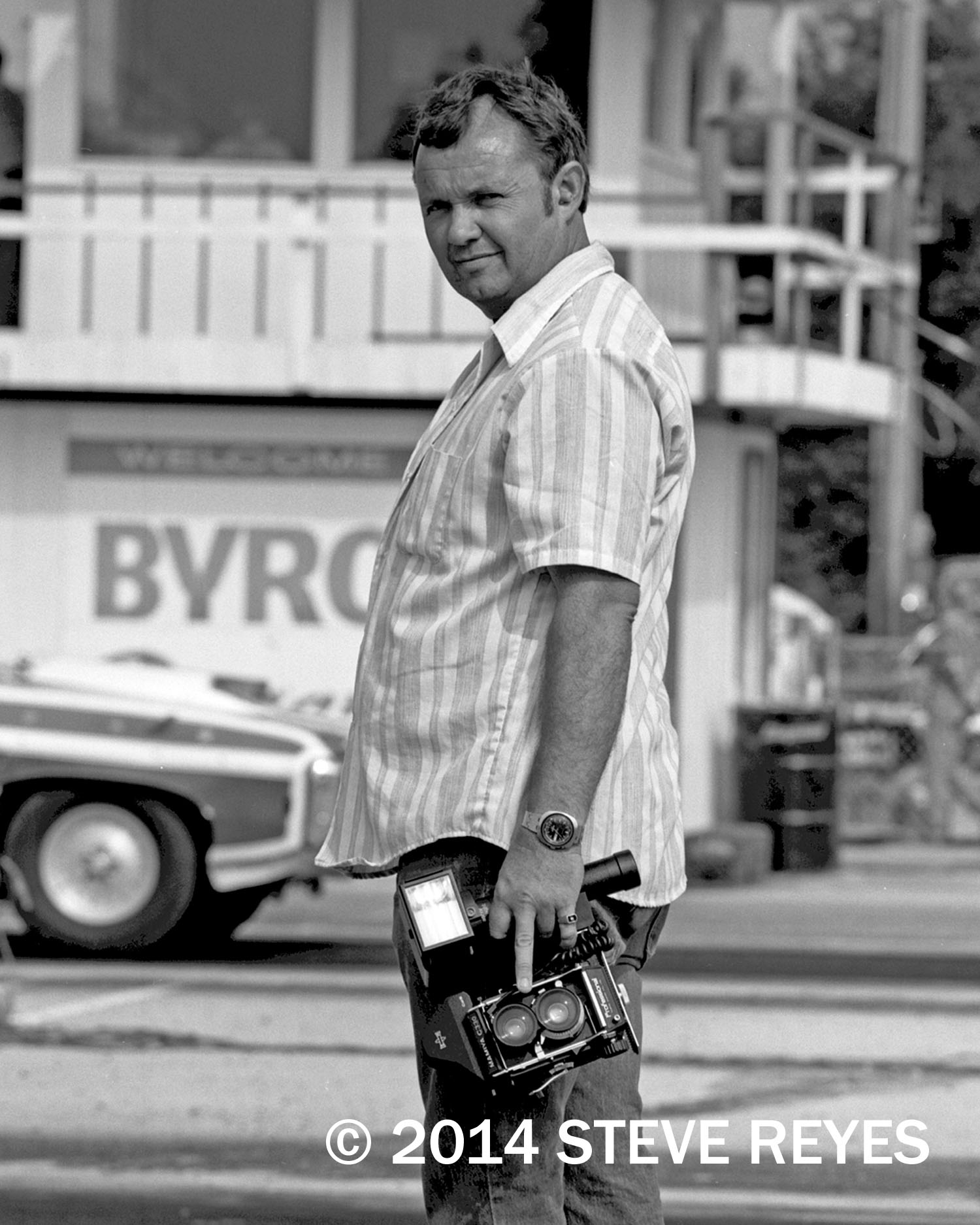 When Pat Minick and the Chi-Town Hustler Dodge Charger began doing the monster burnouts that made them famous I called Kelly from my place in Chicago and told him how they were going to knock ‘em dead when they came to the Coast in October. I was there when they ran at Orange County for the first time, and after the first burnout the announcer told the crowd that I was the one who’d “invented” the big burnouts. It wasn’t even remotely true, but it was just one of those things that Kelly did for people. He wanted everyone to be famous for something, even “inventing” a burnout.
When Pat Minick and the Chi-Town Hustler Dodge Charger began doing the monster burnouts that made them famous I called Kelly from my place in Chicago and told him how they were going to knock ‘em dead when they came to the Coast in October. I was there when they ran at Orange County for the first time, and after the first burnout the announcer told the crowd that I was the one who’d “invented” the big burnouts. It wasn’t even remotely true, but it was just one of those things that Kelly did for people. He wanted everyone to be famous for something, even “inventing” a burnout.
I know this remembrance is out of chronological order, but I’m telling stories as they pop into my head. When we worked the AHRA race at Lions in 1970 and the two-speed exploded in “Big Daddy” Don Garlits’ car in the Top Fuel final I ended up with one of those once-in-a-lifetime shots. I told Kelly I had it (he was shooting further down track), so he processed that roll with his in the hotel bathroom. He made three prints; one for me, one for himself and one for Drag World. I have never figured out how that shot became so widely circulated.
Kelly was always cynical about drag racing to some degree. He had little patience for those who felt themselves somehow superior to others, be they competitors or racing officials, and he was never afraid to say so. No matter how grim the situation, he’d find something humorous about it. I won’t go into the details, but after two absolutely horrifying scenarios I received cryptic, unenlightening phone calls in the very early morning hours from Kelly. In the first instance he told me a certain Top Fuel driver had been asking for me. I didn’t know the guy, particularly after Kelly hung an unfortunate nickname on him just before hanging up. I found out what the nickname meant later in the day, and it wasn’t pretty, but that was just Kelly. On another pre-dawn call he asked me if I was awake, then shouted the name of an obscure drag strip before abruptly hanging up. Later in the morning I saw the headlines on Chicago’s largest newspaper about a horrible accident in which 11 spectators had been killed at the track the day before. He just refused to take those situations as seriously as did others because, over all, Kelly was a realist. He understood as did few others that the dangers of racing are ultimately going to include fatalities no matter how hard we work to avoid them.
When Kelly is mentioned to drag racing’s most well known competitors and builders, his name brings a smile to their faces. That he built life-long relationships and friendships with the likes of Tom Ivo, Shirley Muldowney (who he introduced me to in 1969), Tom McEwen, Drag Racer Magazine editor Pete Ward, parts manufacturer Sid Waterman and so very many others should come as no surprise. His outgoing personality, professionalism and obviously sincere love of drag racing was evident to everyone he came in contact with. And he never forgot those friendships despite the passing of years or career changes. He remained close with his old high school buddy Don Gregory – who took him to his first drag race (slightly after the invention of the wheel), just as he did with Don Prieto, who got him into the car hustling business, providing vehicles for media evaluations, about three decades ago. If you were Kelly’s friend you were friends for life. And, when you really think about it, the best of all of those little gifts and goodies Kelly was always sending your way was that friendship. It’s something I’ll never forget.
The act of cutting and pasting articles from this publication to a message board is a clear copyright violation as is pulling photos to post on social media sites. All articles and photography published in CompetitionPlus.com are protected by United States of America and International copyright laws unless mentioned otherwise. The content on this website is intended for the private use of the reader and may not be published or reposted in any form without the prior written consent of CompetitionPlus.com.










